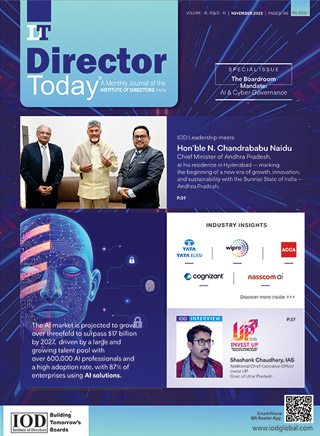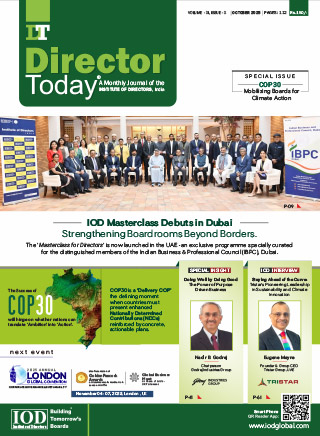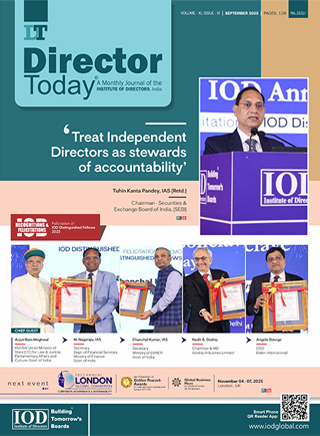Scaling New Heights: Leadership Strategies for Ambitious Business Ventures

It is often said that entrepreneurship is a lonely journey, but those who have achieved success would dispute this with vigour. The fact of the matter is that success follows those who can harness the energy of collective ambition and rally the troops to optimise both output as well as individual growth. Ambitious business ventures require a brand of leadership that emphasises the strategic management of risk and opportunity optimisation in a dynamic environment. This requires leaders to look for new opportunities and ways to innovate as individuals and as part of a team, along with being agile and responsive. These qualities are in stark contrast to traditional leaders, who place an emphasis on following processes and procedures in an orderly, predictable way to minimise risk. A few imperatives can help shape leadership strategies for ambitious business ventures.
Identifying the right areas for growth or initiating a new business
Leaders need to have foresight and an innate ability to identify risks and opportunities. This means having the ability to not only conceptualise ideas but also scale the ideas based on internal capabilities, the external environment, and the competitive landscape. It also means that such leaders must be agile and be able to course-correct in case the idea does not evolve as per the intended trajectory. A good strategic leader can assess early on whether a plan is getting off track or when employees aren't holistically aligned towards shared goals. The timely detection of roadblocks enables leaders to implement early intervention strategies that can save both cost and time.
Ambitious business ventures require a brand of leadership that emphasises the strategic management of risk and opportunity optimisation in a dynamic environment.
Getting the right set of people
Human capital plays an integral role in orchestrating the success journey of a business venture. Thus, for leaders, it is essential to build a diversified team where team members with varying skills and expertise can work cohesively towards shared goals. A key component of managing human capital is also ensuring that the right structure and incentives have been established in order to encourage the team and ensure an unbiased and meritocratic environment. Additionally, in today's digital world, it is important for leaders to chalk out strategies that can optimally harness the potential of both human capital and technology.
Establishing an appropriate risk management framework
The world that we espouse is fraught with volatility as innovative technology solutions and a shapeshifting landscape cause disruption to business as usual. For a leader, it is important to establish relevant risk management frameworks that can proactively identify risks and also suggest risk mitigation measures to limit downside and disruption. These frameworks need to be robust and agile, and they should be able to run assessments in a consistent and accurate manner. The role of a leader is not only to establish these frameworks but also to ensure that they are implemented holistically and consistently.
Creating good governance and reporting practices
Investors, consumers, and our target audience are increasingly becoming conscious of the impact of their companies on the environment and society. Transparency in all interactions has now become almost table stakes, making it imperative for leaders to embrace good governance and reporting practices.
Further, ESG ratings are now playing a significant role in investment decision-making and influencing the flow of capital. To that extent, establishing and implementing good governance and reporting practices can also make access to capital easier and more seamless.
Currently, India has become a hotbed of activity due to an enabling socio-economic, policy, and governance environment. With growing consumption and accelerated digitisation, opportunities for value creation are germinating in different parts of the economy. Dynamic leaders can optimally capitalise upon these opportunities as they steer their companies through the ebbs and flows of building a business with an enduring competitive advantage.
Author

Mr. Harish Agarwal
He is the Chief Operating Officer at Edelweiss Alternatives.
Owned by: Institute of Directors, India
Disclaimer: The opinions expressed in the articles/ stories are the personal opinions of the author. IOD/ Editor is not responsible for the accuracy, completeness, suitability, or validity of any information in those articles. The information, facts or opinions expressed in the articles/ speeches do not reflect the views of IOD/ Editor and IOD/ Editor does not assume any responsibility or liability for the same.

 Quick Links
Quick Links
 Connect us
Connect us




 Back to Home
Back to Home































